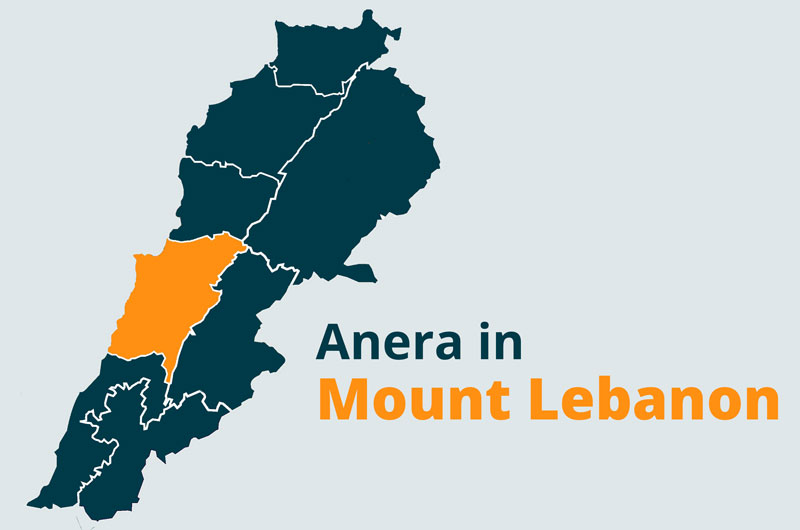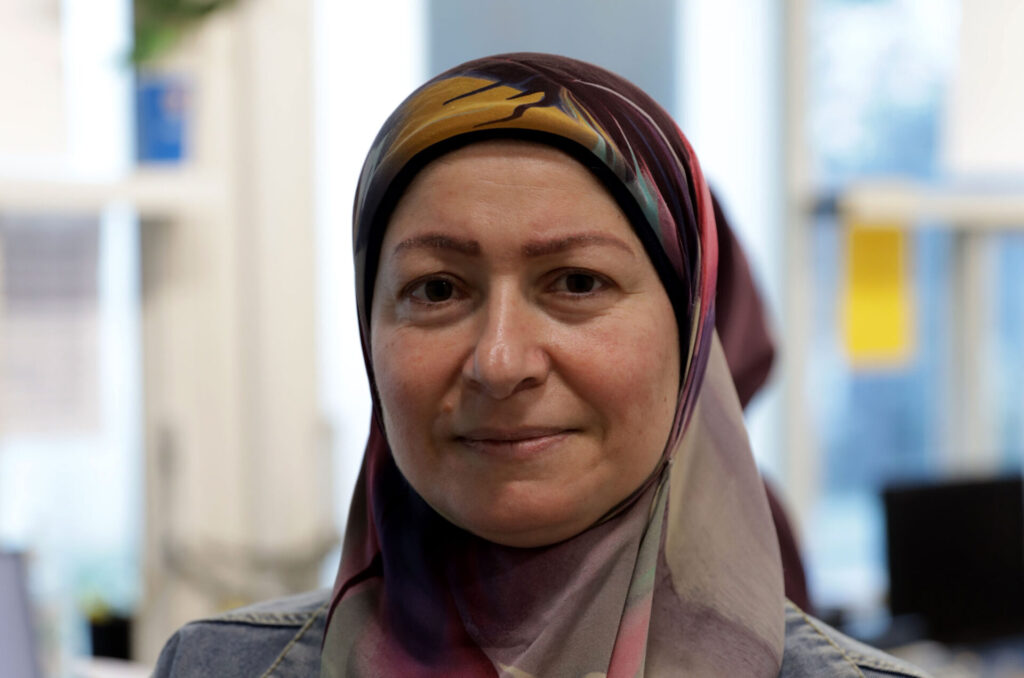Mar, 2016
In the heart of Jerusalem, Rawdat El Zuhur was founded in 1952 as a home for young girls whose lives were shaken up by the 1948 war.
Soon enough, it evolved into an elementary co-ed school and a kindergarten that now educates around 250 Palestinian students.
Highly regarded and respected for its quality education, vision and transparency, the Palestinian school has managed to establish a large network of friends, like Anera, who have kept the school going despite the many hardships it faces in an area characterized by political tensions and poverty. The school is also praised for admitting and supporting many students from low-income backgrounds.
Anera has proudly supported Rawdat El-Zuhur since 1973, through a scholarship program, classroom and equipment upgrades and safety renovations.
The school does its best to keep in touch and follow-up on the progress and achievements of its many alumni in Jerusalem and the surrounding areas.
Today, in honor of Women’s Day, Anera takes the opportunity to highlight the accomplishments and aspirations of three outstanding Palestinian women who graduated from this school.
Meet Dr. Ibtisam Muheisen, PhD in Childhood Education
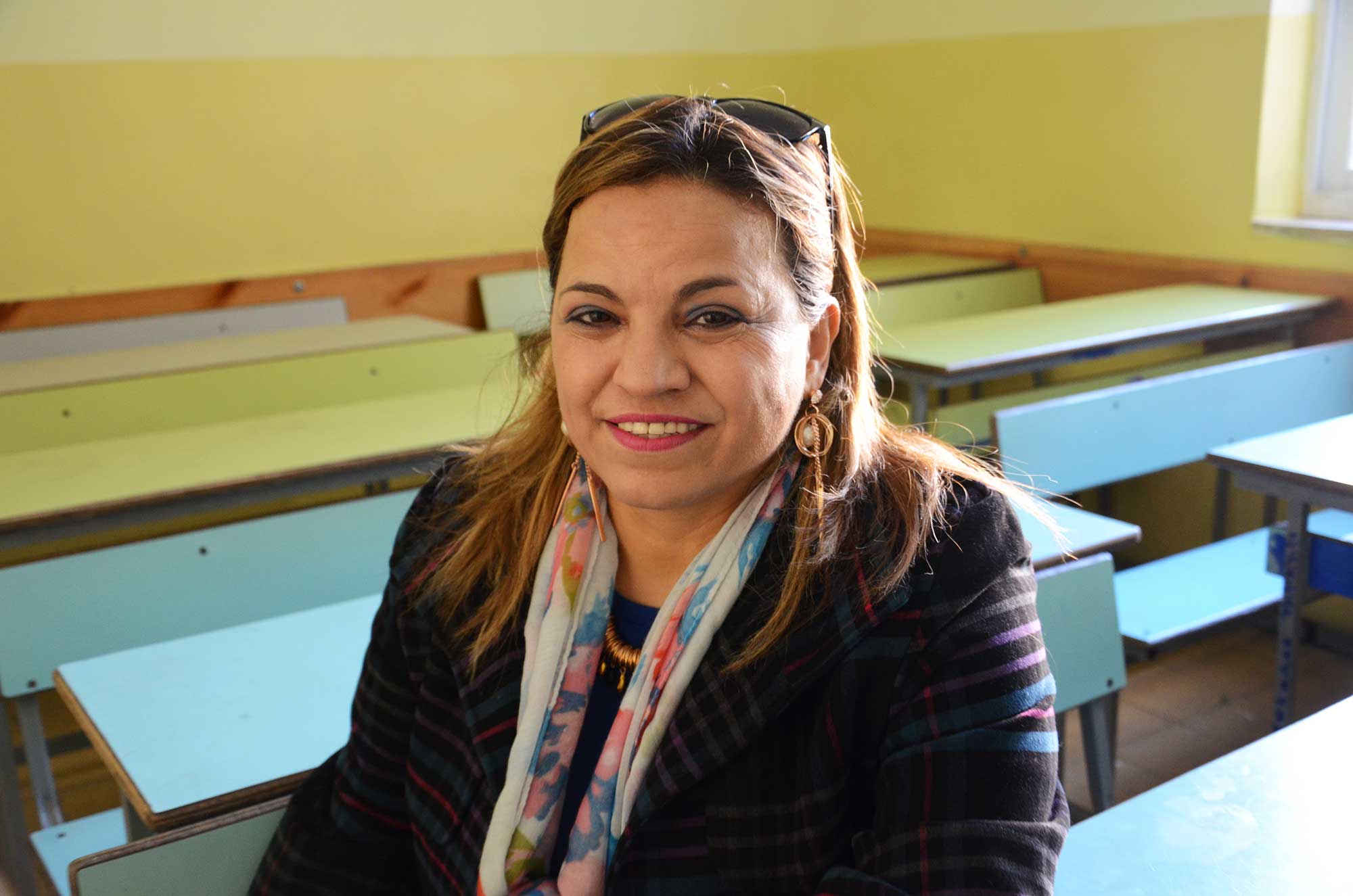

When 18-year-old Ibtisam stood at an important crossroad in her life after completing 12th grade, she turned to her role model, Ms. Salwa Zananiri for advice.
Being her elementary school principal and educator, Ms. Salwa has been an important part of Ibtisam’s childhood. Ibtisam always looked up to her with admiration and utmost respect.
When she decided to take Ms. Salwa’s advice to study preschool education at Al-Tireh college in Ramallah, little did she know that she would be embarking on a long and successful life journey that would take her far in life.
With a diploma and passion for teaching, Ibtisam got the chance to train as an assistant teacher at Rawdat El-Zuhur elementary school and kindergarten, where she herself had studied. With that experience and thirst for knowledge, Ibtisam was able to complete her undergraduate studies in elementary education, followed by a master’s degree and a PhD in childhood education.
Now in her early fifties, an impressively accomplished Ibtisam continues to live her dream. In addition to caring for five children of her own to support, she is the principal of a preschool in a poor East Jerusalem community that lacks many basic services.


“Giving and sharing is something I learned at this school. Hence my dedication to serving my community.”
“Because we work in such an underprivileged environment, we face many overwhelming challenges,” explains Ibtisam. “Poverty, psychological problems, violent tendencies and lack of adequate care and attention among children, are problems we deal with on a day-to-day basis. And that makes our presence in the lives of these children as educators fundamental.”
Whenever Ibtisam has to deal with a difficult case in her preschool, she remembers Ms. Salwa and how she gracefully and wisely dealt with problems. Her smile is deeply embedded in her memory, reminding her to smile too.
Ibtisam also teaches at a college in West Jerusalem that preps preschool head teachers and assistant teachers. Her two oldest children, twins, have chosen to pursue careers in medicine.
Ibtisam has made sure that her children put education first in their development, always giving them the adequate space to think and make decisions on their own. This is something she had learned way back in elementary school at Rawdat.
“Whatever accomplishments I’ve made in my life, I owe to this school and Ms. Salwa in particular,” states Ibtisam. “Rawdat El-Zuhur is more than a school to me. It is a home. Not only did it provide us with high values and an excellent education, it also never failed to provide financial support to anyone who needed it. Giving and sharing is something I learned at this school. Hence my dedication to serving my community.”
“Many of my fondest childhood memories were made here. This school made it a beautiful childhood.”
Meet Tamam Nofal, Recent University Graduate
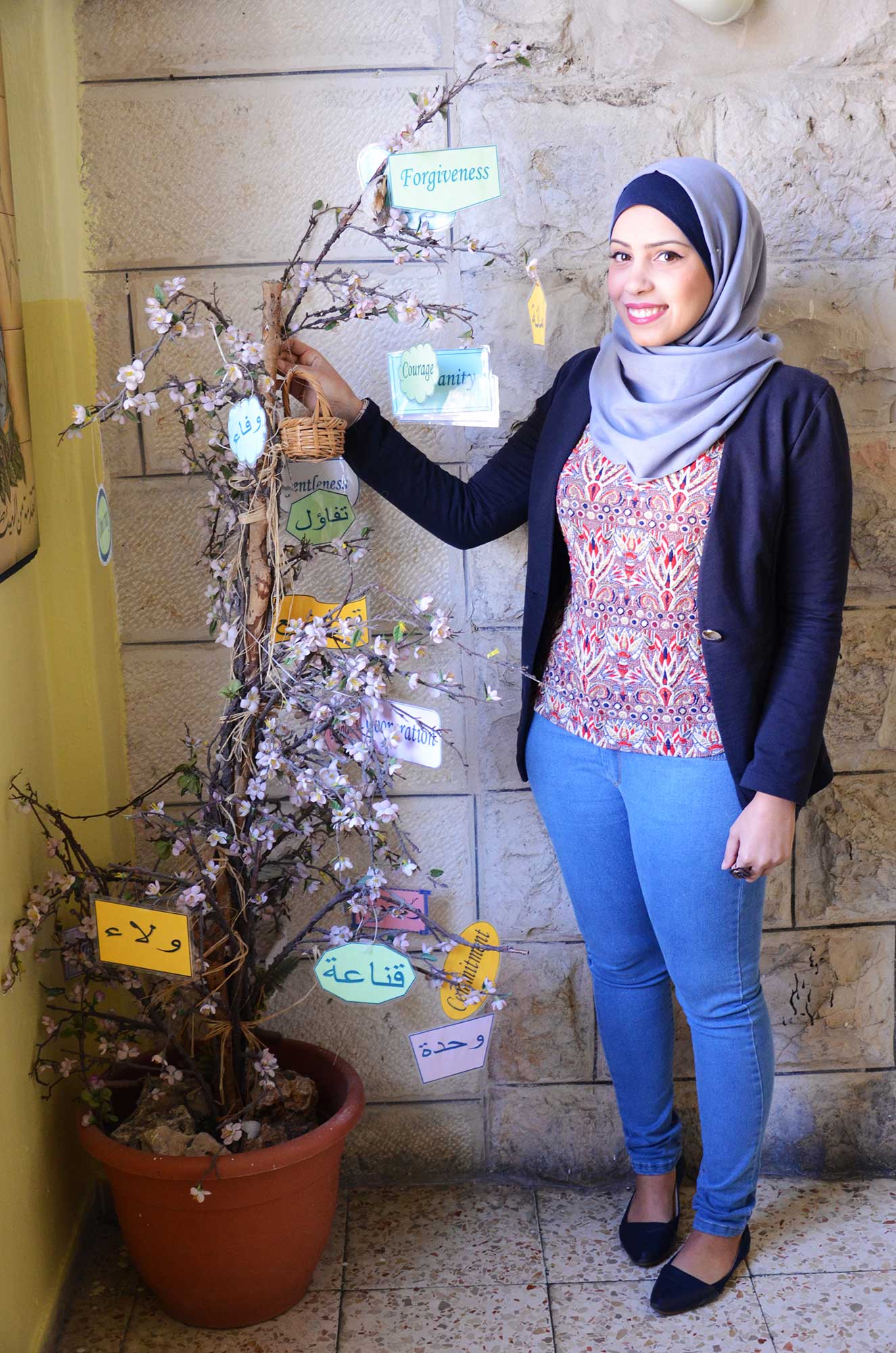

One of Tamam Nofal’s earliest recollections of herself is being a “cranky kid” at the Rawdat El-Zuhur kindergarten.
“I always complained of a stomach ache just to return home to my mum,” she says with a laugh. “I always remember the kindness and sympathy the teachers and custodians showed me here. Although they knew my stomach was most probably fine, they would humor me and take me aside to the kitchen where they prepared a nice cup of sage tea for me and tried to find out what had bothered me. They would even fix me a sandwich if I was hungry.”
It was in 1990 when Tamam first entered school, the same school her mothers and uncles had gone to. “This school has become more of a family legacy. Since all my siblings and cousins were enrolled here too, it literally came to mean home to me.”
Touched by the mission of the school dedicated to educating children from all economic backgrounds, Tamam has always regarded serving the less fortunate as a priority in her life. “It is a noble notion this school has managed to plant in me, that has later pushed me to study psychology and practical sociology.”
Graduating from university just under two years ago, she now works as a social counselor at one of the highly regarded community centers around that serves some of the most marginalized communities in East Jerusalem, and the Old City in particular.
Tamam is proud of being part of such a center that serves children, youth and women though basic life skills, activities, campaigns and lectures.
“One thing I’ll never forget about this school is the colorful ‘tree of values’ that was always in the same place at the top of the stairs where we could all see it,” explained Tamam. Cooperation, affection, tolerance, giving and love are an example of such values. “It encompassed all the humanitarian values and everything that should matter to us as humans.”
At Rawdat, Tamam learned to appreciate all forms of art. She was taught dabke – a Levantine folk dance – at Rawdat, which she later taught to other kids after graduating high school.
“Even when my dabke friends and I finished six grade and went on to different schools, Miss Salwa would bring us together every Friday to continue our dabke training with our teacher. She did the same with music and art students. We continued until 12th grade, whenwe had to focus more on our studies.”


“One thing I’ll never forget about this school is the colorful ‘tree of values’. It encompassed all the humanitarian values and everything that should matter to us as humans.”
The staff at Rawdat had always encouraged Tamam to develop her singing, as they believed she had a nice voice. Thanks to Rawdat, she also had the chance to join Edward Said National Conservatory of Music (ESNCM) choir, “Shams”, and learn the oboe.
“In 2013, I had the privilege to partake in the biggest event of my life with help from Rawdat,” she recalled, referring to a children’s musical called “Lanterns” or “Fawanees” in Arabic. It was the first and only large-scale children’s musical in Palestine, even to this day, organized by ESNCM.
“I’ll never forget how right after we finished our performance on stage, Miss Salwa was the first person to get up from her chair and begin the round of applause. When I saw her rise from her seat with a broad and proud smile on her face, I was touched beyond description.”
On one of her last days as six graders at Rawdat, she and her peers visited a retirement home on a school-organized trip . They danced, sang and talked to elderly Palestinian women, which Tamam describes as a beautiful experience she will never forget.
“Rawdat will always have a special place in my heart.”
Meet Tala Salfiti, High School Student
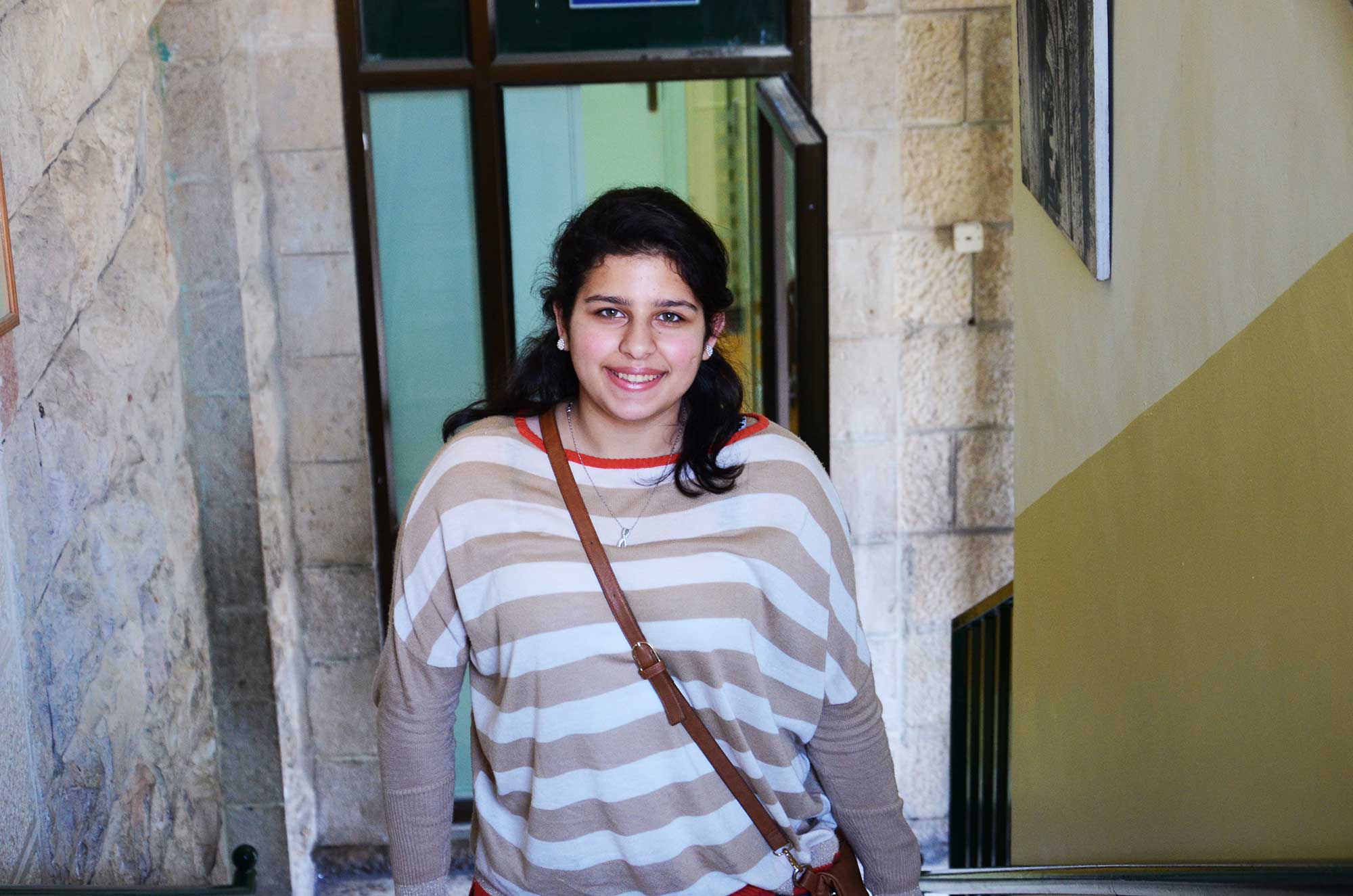

It has been five years since Tala Salfiti finished elementary school at Rawdat El-Zuhur, but she still misses all the educational and extracurricular opportunities and support it had offered her.
“Rawdat El-Zuhur is a school that nurtures independent thinking and creativity,” she confidently says. “And Ms. Salwa was never a principal but a mother to all of us. A true role model.”
Whenever Tala compares the school she is currently in with Rawdat, she finds a big gap between the two. Her current school, she says, lacks adequate services and one-on-one relations with its students.
She explains: “Rawdat used to encourage us to speak out because our voice mattered to them, so did our hopes and dreams, and it is something I greatly miss right now.”
Tala was among 10 students who had received a one-year music scholarship from ESNCM through Rawdat. During that year. they were introduced to various instruments and music basics. Tala was selected to attend a more advanced course that taught the tabla, a percussion instrument. Tala and her peers were delighted to participate in their own school graduation by playing the tabla in front of the entire audience. It was a special way to bid farewell to a school that had given them so much.



